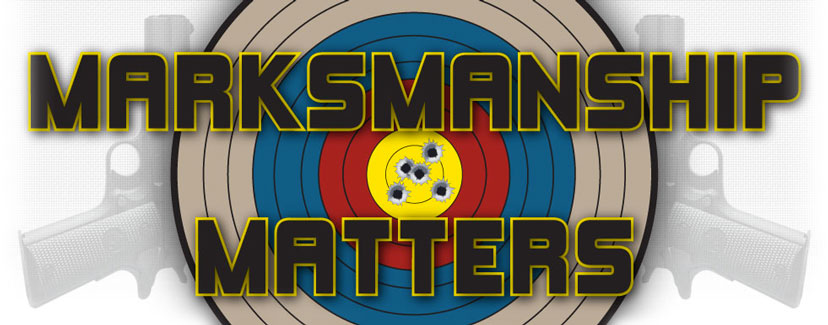To WD-40 or not to WD-40? That is the question. It seems that as long as there have been firearms, the debate on proper maintenance techniques has raged on. Staunch believers on both sides of the fence have strong opinions about which products are the best to protect their investment and keep their guns in perfect working condition.
WD-40 has been used in the gun industry for many years. It is not only safe to use on your gun, but comes highly recommended by many experts in the industry due to its cleaning, rust preventing, moisture displacing, penetrating and lubricating properties.
Joe Singleton, owner of Singleton’s Gun Shop in Dix, Neb., is a 20-year veteran of the industry. Singleton has been recommending WD-40 for as long as he can remember. “I use WD-40 as a cleaner. Its penetrating qualities help break down powder residues and clean out the build-up that inevitably forms in a firearm after use. This build-up could lead to jamming or misfiring, so I use this multi-purpose product to remove all traces.”
Other professionals swear by the product for use in firearms restoration, cleaning and preventive maintenance. Brodie Gratiot, manager of Sievert’s Enterprises Ltd., in Pueblo, Co., the largest stocking gun dealer in the eight Rocky Mountain states, finds many uses for the product in restoring guns that come into his gun shop.
“When faced with a rusted gun, we spray it down with WD-40, let it sit for 24 hours, spray it again, and wipe off the rust deposits,” said Gratiot. “This also works with deep pitted rust, we use a toothbrush and WD-40 to remove the deep-set rust deposits from the pitting without marring the finish.” After gun handling and restoration, all surfaces are wiped with a rag sprayed with WD-40 to prevent rust caused by skin oil and salt.
During late elk and deer season, Gratiot recommends applying a light coating of WD-40 to the bolt, firing pin and trigger mechanism to displace moisture and prevent freezing in sub-zero temperatures.
Master gunsmith Jose Somarriba of Miami, Fla., uses WD-40 both on the equipment in his shop and to maintain firearms. Somarriba uses the product after the bluing process and on shop milling and grinding machines. After using a bore solvent agent to remove fouling he applies WD-40 to prevent rust and to lubricate the barrel.
In addition to the professionals, avid outdoorsmen like Tim Karpf of Killingsworth, Conn., uses WD-40to protect recreational equipment from the elements: salt water spray, rain and snow. Karpf uses the multi-purpose product to protect exposed metal parts and to protect the bluing.
As for the weekend sportsman, everyone knows that the proper care and upkeep of your expensive equipment makes all the difference in its longevity and performance. “After using a solvent to clean the barrel, I always make a final pass with WD-40 to protect and preserve both the interior and exterior of the barrel,” declared Karpf.
If you would like to share your professional tip for using WD-40 for gun maintenance, please write to:
THE WD-40 COMPANY
P.O. BOX 80607
SAN DIEGO, CA 92138-0607
“


